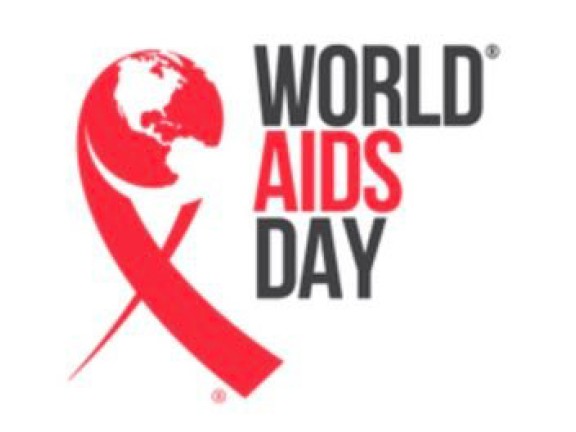CHLP Focuses on Activism and Inclusion for World AIDS Day 2020

For immediate release
D. Reznik, 212-352-1336, [email protected]
Catherine Hanssens, 212-430-6733, [email protected]
CHLP Focuses on Activism and Inclusion
for World AIDS Day 2020
Saluting World AIDS Day with new state criminal legal reform fact sheets, a video on the meaningful inclusion of people living with HIV, and decriminalization advocacy at the Smithsonian Institution and New York’s Ending the Epidemic Summit
November 30, 2020 (New York, NY) — December 1st is World AIDS Day, an annual opportunity for reflection on how far the HIV equity movement has come and the challenges still to be faced. This year, CHLP is focused on the past, present, and future of the movement for HIV criminal legal reform.
From the beginning of the HIV epidemic until today, bias and ignorance about HIV and the ways it is transmitted have fueled discrimination against people living with HIV, including laws that punish them for engaging in consensual sex or activities that pose no risk of HIV transmission. These laws often serve to further harm already marginalized communities while missing opportunities for prevention, education, and community buy-in. And this year, COVID-19 demonstrates the anxiety and phobic reactions that poorly understood infectious disease still generates.
State Fact Sheets on HIV Criminal Law Reform
CHLP is releasing a set of state fact sheets that look at past HIV criminal legal reform efforts--recognizing concrete progress while flagging areas in need of further change.
Since 1994, eight states have made substantive changes to their HIV criminal laws: California, Colorado, Illinois, Iowa, Michigan, North Carolina, Texas, and Washington. The fact sheets can help advocates in other states set out a path for reform that benefits all people living with HIV (PLHIV).
While the changes improve the laws for some PLHIV, reform efforts don’t always help those who are targeted the most by these laws. Advocacy on difficult policy decisions must include representatives of all communities affected by these decisions and, as with any involving HIV and stigmatized infectious disease, a racial and economic justice analysis. An improvement for only some people living with HIV is a missed opportunity to make HIV criminal law reform work for everyone.
Reflections on Meaningful Inclusion in HIV Advocacy
Members of the communities whose rights are up for negotiation should have the opportunity to not just be involved but to lead when decisions are being made. In HIV advocacy, the meaningful inclusion of people living with HIV/AIDS (MIPHA) directly affected by policy and law issues is essential to the fight to decriminalize HIV.
For World AIDS Day, members of the Positive Justice Project Advisory Group with direct experience in the movement, appear in a new video, What does meaningful inclusion mean to decriminalization advocates living with HIV?. “Inclusion means to me that we put PLHIV in front, at first, and in the primary position of being able to speak to and to address needs of PLHIV,” Dorian-Gray Alexander of New Orleans.
Supporting Advocacy to End Overcriminalization and Build and Equitable Movement
Later this week, on Thursday, December 3, CHLP Supervising Attorney Jada Hicks joins Greg Millet, Vice President and Director of Public Policy at amfAR for AIDS at the Intersection of Community, Science, and Policy. Sponsored by the Smithsonian Institution -- the world's largest museum and research complex -- this World AIDS Day webinar will examine how law and policy affect the success or failure of the public health response to HIV.
Also on Thursday, CHLP National Policy and Partner Strategist Amir Sadeghi moderates a panel for the 2020 World AIDS Day and ETE Summit hosted by the New York State Department of Health. The presentation, Ignorance is Not Bliss: the Role of Sexual Health Literacy in Ending the Epidemic, will provide perspectives on how advocates and medical providers can work together to break down barriers for thousands of New York patients that prolong the HIV epidemic. The panel for this workshop will also include Dr. Jeffry Birnbaum, Executive Director, HEAT SUNY Downstate; Zinarta Judea Cruse, Chair, Callen-Lorde Community Advisory Board; New York State Assemblymember Linda B. Rosenthal; and Dominique Morgan, Executive Director, Black & Pink.